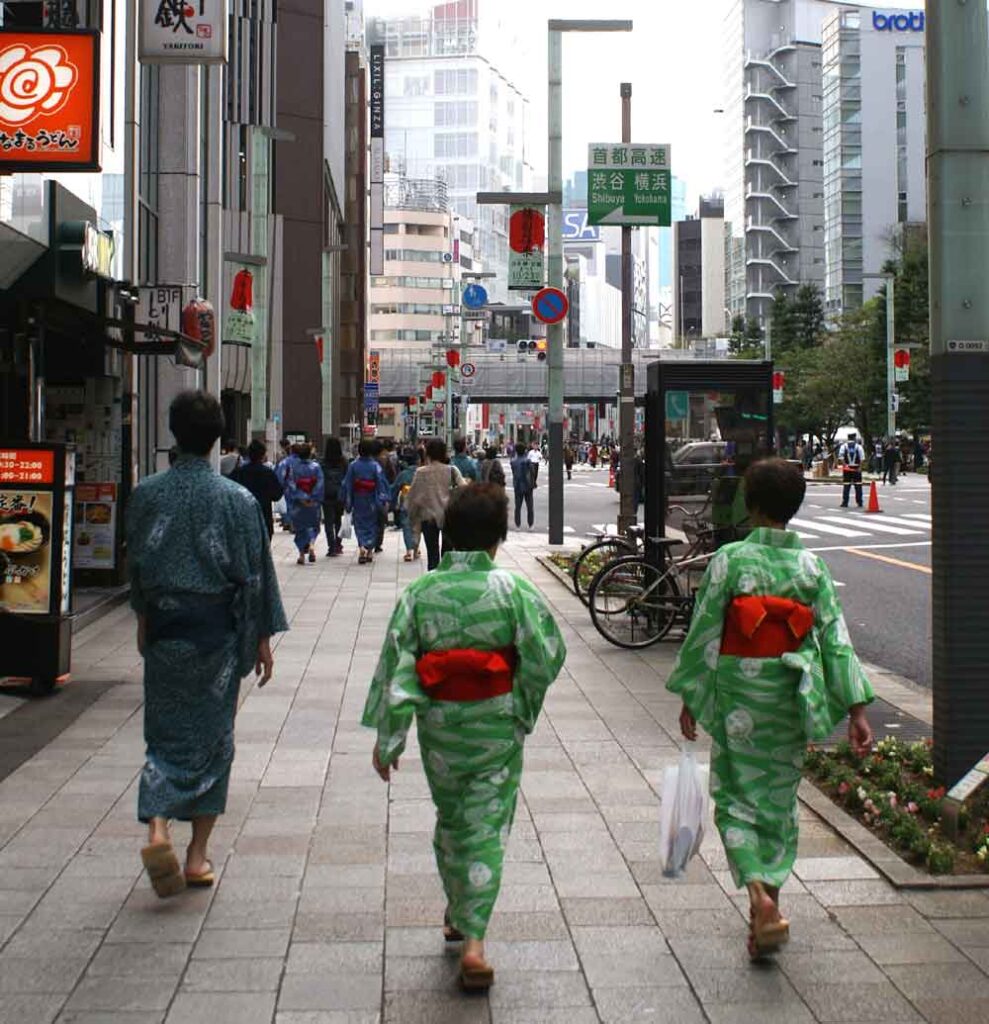The Japanese education system is renowned for its excellence and rigor, contributing greatly to Japan’s reputation as a world leader in education. Structured to promote academic excellence, the Japanese education system consists of several levels, from preschool to higher education.
Preschool Education : Before even entering elementary school, Japanese children often have the opportunity to attend preschool education, also known as “yochien.” Although not required, most children participate to develop fundamental social and emotional skills.
Primary school : Compulsory education in Japan begins at primary school, called “shogakko”, which covers six years. Students study a wide range of subjects, including mathematics, science, social studies, Japanese language, music and physical education. The emphasis is on uniformity and assimilation of basic knowledge.
Middle school : After primary school, students move on to middle school, called “chuugakko”, which lasts three years. The curriculum becomes more specialized, but remains generalist, providing students with a solid foundation in areas such as mathematics, science, history and geography.
High school : High school, or “koukou”, is optional, but the vast majority of students continue their studies at this level. There are several types of high schools, each focusing on specific areas such as arts, sciences, or sports. Students spend three years in high school, preparing the path to university entrance exams.
College Entrance Exams : College entrance exams in Japan are known for being extremely competitive. Students must prepare rigorously to pass these exams, as the results often determine their academic and professional future.
Higher Education : Higher education in Japan includes universities and colleges. Japanese universities are often ranked among the best in the world, and there is an emphasis on academic research. Students can choose from a variety of majors and disciplines to pursue their higher education.
The education system in Japan is closely linked to the country’s culture and societal values. It is based on high standards of academic excellence and strong pressure to succeed. At the same time, parents’ expectations of their children’s success play a crucial role in Japanese educational life.
Academic Pressure : Academic pressure is a major feature of the Japanese education system. Students are subject to busy schedules, with extended school days and heavy homework. Competition to pass college entrance exams creates an intense atmosphere, and many students participate in after-school tutoring to prepare.
Parental Expectations : Japanese parents have high expectations for their children’s educational success. They often view education as the key to their children’s future success and are willing to invest time and resources in their education. Academic performance is closely monitored, and there is strong social pressure for children to excel academically.
Active role of parents : Parents play an active role in the educational journey of their children. They frequently attend meetings with teachers, participate in parent-teacher committees and actively encourage their children’s participation in extracurricular activities. Parental engagement is considered essential for academic success.
Importance of uniformity : Uniformity is an important value in the Japanese education system. Students wear standardized school uniforms, which promotes equality and unity. This helps create an environment where all students are viewed equally, regardless of their social or economic background.
Preparation for professional life : In addition to emphasizing academic excellence, the Japanese education system also aims to prepare students for professional life. Social skills, discipline and the ability to work in groups are integrated into the educational program to produce well-rounded individuals ready to enter the workforce.
The Japanese education system is deeply rooted in the country’s culture and values. Academic pressure, high parental expectations, and the importance of uniformity help shape the educational experience of Japanese students and influence their future trajectory.



